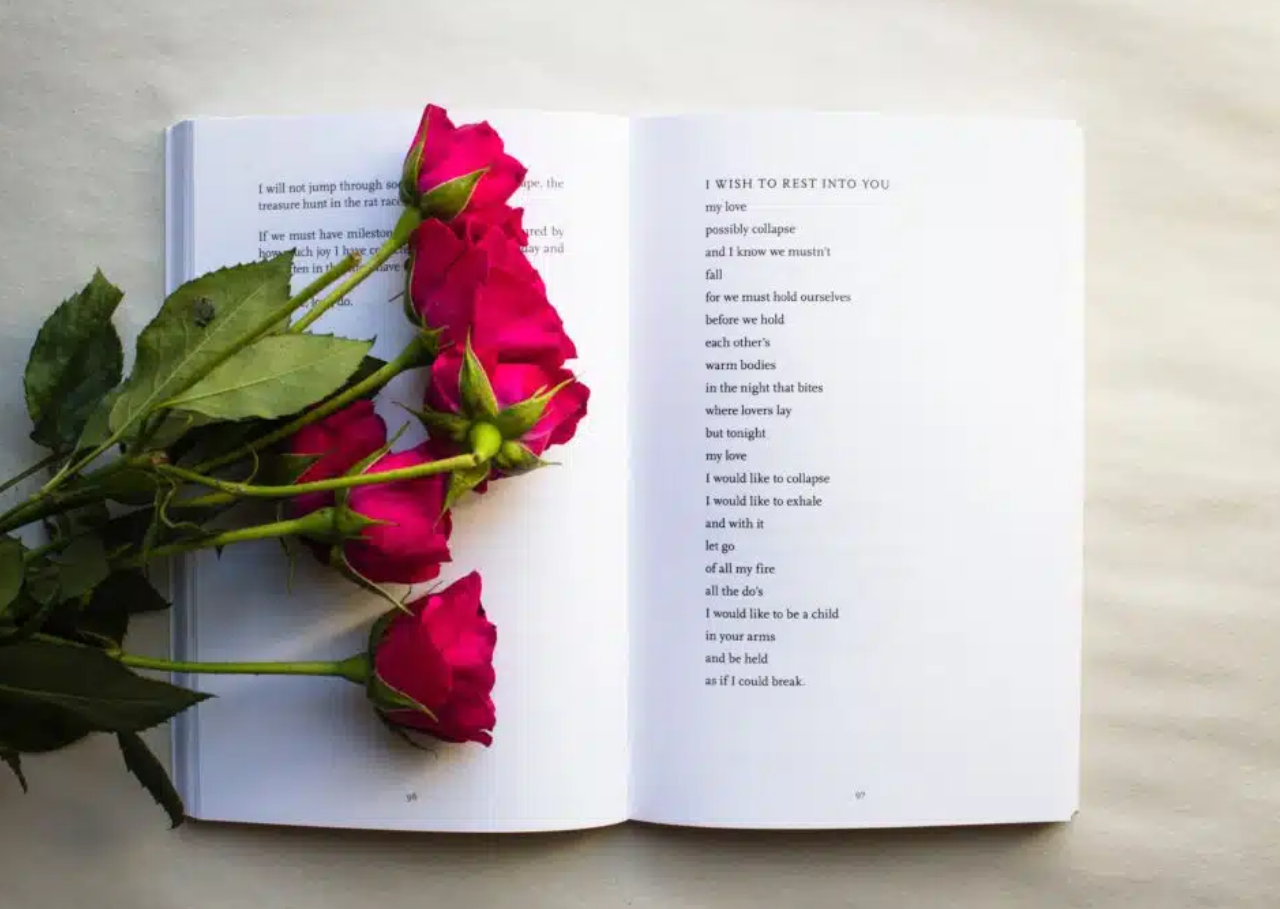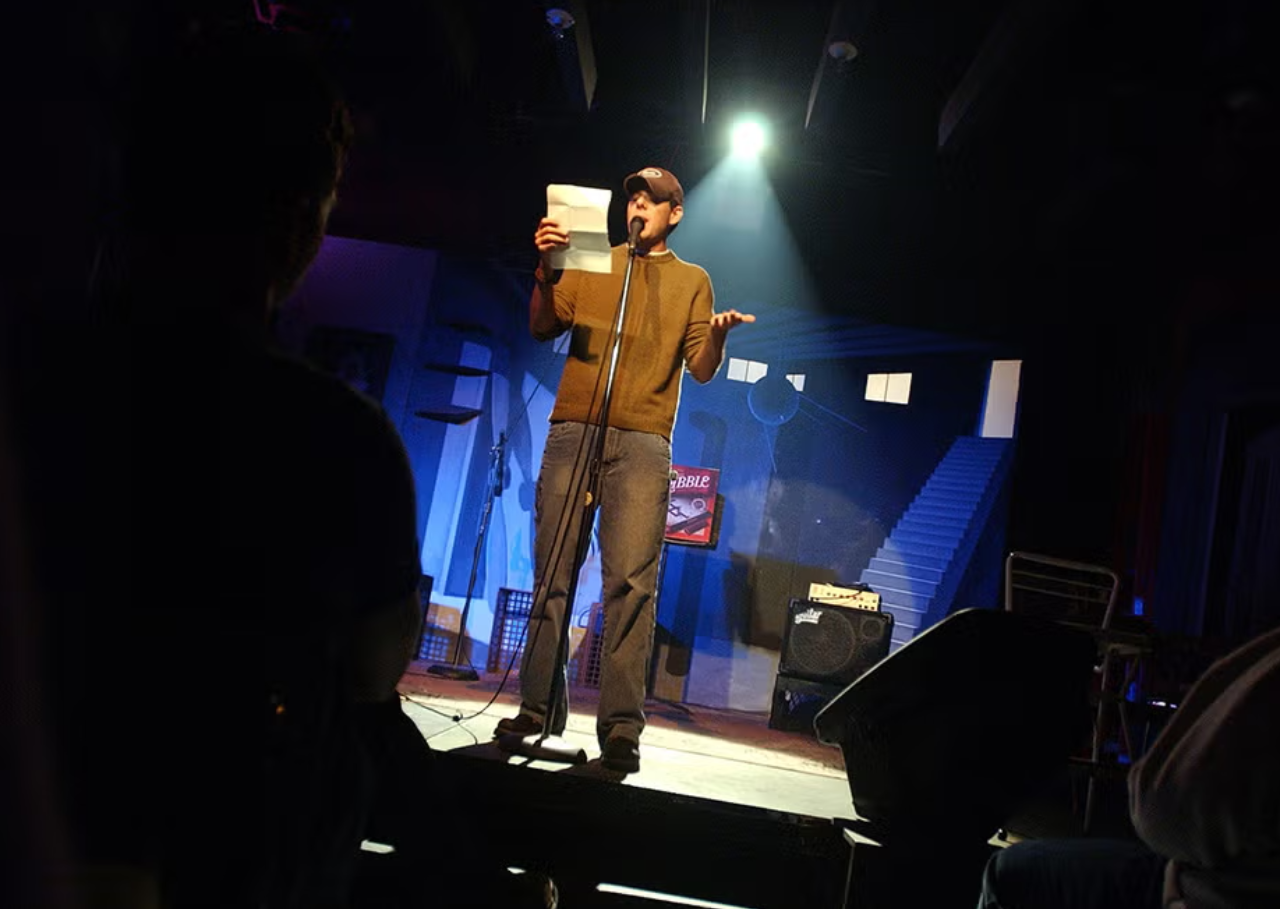Finding Strength in the Inspirational Poems by Jenni Bailey
In a world that often rushes us past our own feelings, poetry reminds us to pause, to feel, to reflect, to heal. And when that poetry comes from a place of raw honesty and lived experience, it can do even more: it can inspire us to keep going. That’s exactly what the inspirational poems by Jenni Bailey do for so many people.
Jenni’s work is not about false hope or sugarcoating pain. Her poems are honest about trauma, disability, survival, and self-expression. They’re fierce and tender at once, meeting you where you are, then gently reminding you that your story isn’t over yet.
Real Inspiration, Not Pretend Positivity
There’s plenty of shallow “inspirational” content in the world, the kind that demands you “stay strong” without ever naming what hurts. Jenni Bailey’s poems are the opposite. They don’t flinch from darkness or pretend pain doesn’t exist.
Her verses say: Yes, this is hard. Yes, you’re allowed to feel every bit of it. And yes, you can survive it. That’s why so many people return to the inspirational poems by Jenni Bailey when they feel alone or stuck in their own struggle.
Lived Experience at the Core
What makes Jenni’s poems resonate so deeply is that they come directly from her life. Living with cerebral palsy and navigating her own history of trauma, she writes from a place of truth, not theory. Each poem is crafted from real moments, the kind many people keep hidden.
By putting her story on the page and the stage, Jenni shows that honesty itself is an act of courage. Her readers see their own fears, scars, and questions reflected back , not in a way that judges them, but in a way that says, You’re not alone.
A Voice for Others, Too
While the inspirational poems by Jenni Bailey are personal, they’re also deeply communal. She writes and performs for people who feel unheard, military spouses holding families together, disabled artists fighting for space in a crowded world, survivors of trauma searching for the words they couldn’t say out loud.
Her poems make room for all of that. They say: You’re allowed to be here. Your story matters, no matter how messy or unfinished it feels.
Spoken Word That Stays With You
Reading Jenni’s poetry on the page is powerful, but hearing her perform it is something else entirely. Her spoken word brings her verses to life, amplifying the emotion that runs through every line.
In performance, her pauses, inflection, and raw delivery remind listeners that poetry is more than ink , it’s voice, breath, and heart. It’s no wonder many people find themselves replaying recordings of Jenni’s work when they need a boost of courage.
Why We Need Inspirational Poems Like These
It’s easy to feel isolated when you’re struggling, to think you’re the only one carrying this particular fear or shame. Poetry can break that isolation.
The inspirational poems by Jenni Bailey show readers that healing isn’t about pretending the past didn’t happen. It’s about surviving honestly, choosing to speak, and finding connection in places you didn’t expect.
How to Make These Poems Part of Your Life
If you’ve never read Jenni’s work, start with one poem. Let it sit with you. Then read it again on a quiet day when you need to hear the truth spoken gently but fiercely.
Better yet, listen to her perform. Purchase a recording. Share her words with a friend who needs a reminder that survival, in all its imperfect forms, is still something to be proud of.
Supporting Honest, Independent Voices
When you choose to read, buy, or share the inspirational poems by Jenni Bailey, you’re doing more than enjoying good art, you’re making space for more voices like hers.
You’re supporting a poet who speaks for those who can’t yet find their own words. You’re reminding the world that raw truth deserves to be heard, even when it’s uncomfortable.
Final Thoughts
The inspirational poems by Jenni Bailey don’t promise neat, perfect endings. They promise honesty, connection, and the quiet encouragement to keep going, even when the road is hard.
Her poems remind us that inspiration doesn’t have to look like flawless positivity. Sometimes, it looks like saying, this is hard, and you’re still here. That’s enough.
If you’re ready to carry that reminder with you, Jenni’s verses are waiting.










